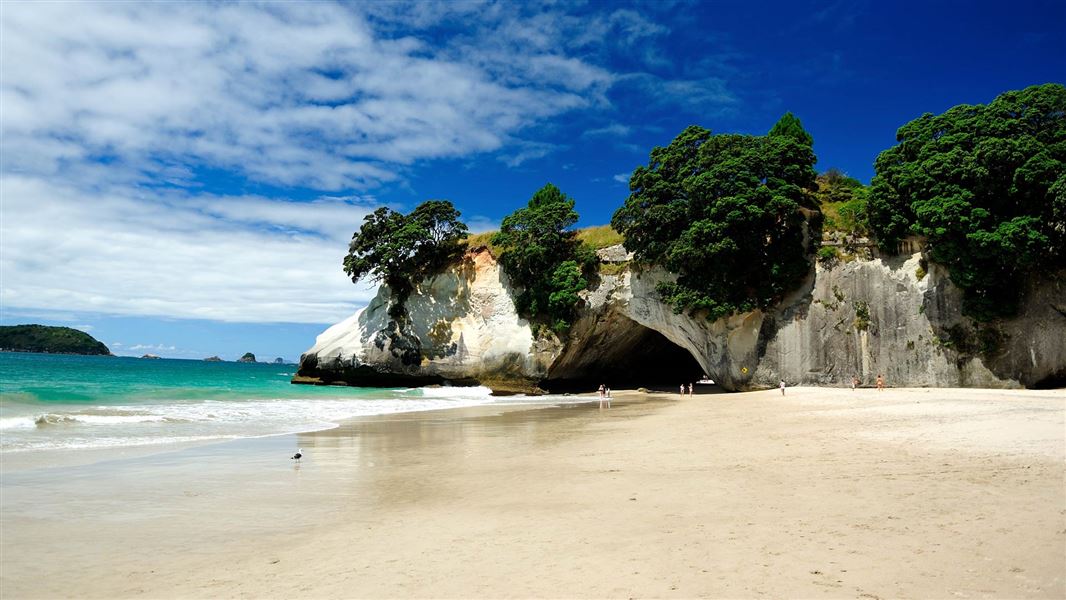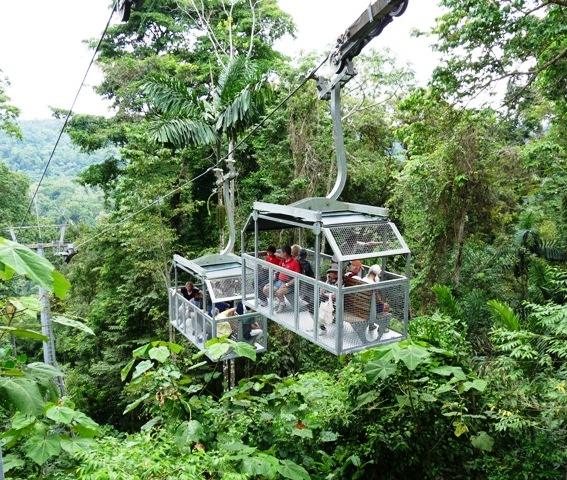What is an Ecotourist?
 Can you remember a time when your breath was taken away by natural beauty so magnified that it left a lasting imprint on your memory? What about an instance where you encountered a wild animal in its natural habitat? Did your heart race? Did your jaw drop? Do you tell this story to your friends? Moments such as these that occur in our lifetime help shape our collective love of the natural world. Our planet offers endless opportunities for bewilderment to those who seek it. Our experiences in nature collectively justify the preservation of natural habitats because frankly, we are nature. We are interconnected.
Can you remember a time when your breath was taken away by natural beauty so magnified that it left a lasting imprint on your memory? What about an instance where you encountered a wild animal in its natural habitat? Did your heart race? Did your jaw drop? Do you tell this story to your friends? Moments such as these that occur in our lifetime help shape our collective love of the natural world. Our planet offers endless opportunities for bewilderment to those who seek it. Our experiences in nature collectively justify the preservation of natural habitats because frankly, we are nature. We are interconnected.
For those driven to lower their environmental impact but are still bitten by the travel bug, the best option is to travel as an ecotourist. Ecotourism is more than ditching single-use plastics or taking a wind-powered sailboat to your destination (although, those acts are not discredited). It means to apply sustainability’s best practices to every aspect of the journey and to find a newfound appreciation for the places you visit.
In order to clarify what an ecotourist is, we have to understand the latest travel styles in the industry. Travel used to be only for the elite: those who could afford to leave their place of origin and embark on a journey into the unknown. Now that travel has become easier and more available to different people with different incomes in a globalized and digitized world, there are new waves of tourism that occupy various niches. Wine tourism, beach tourism, heritage tourism, adventure travel, coffee tourism, indigenous tourism, tourism for religious purposes, backpacking, food tourism, or dark tourism are examples of niches in tourism, each being a distinguished motivator to visit a new place.
 There are three basic principles that distinguish ecotourism from the rest.
There are three basic principles that distinguish ecotourism from the rest.
Principle #1 – Personal Impact
Tread lightly (reduce, reuse, recycle), leave no trace (except for footsteps), take only pictures from the surrounding environment, and choose to support local vendors during your stay. You may have heard these suggestions before in other outlets. They are small acts that contribute to the overall goal of ecotourism, which is to minimize human impact. To further our understanding the art of eco-travel, we must also consider the accommodation. This requires a little more research on the traveler’s end. Does the lodging have a commitment to sustainability? Is that hotel doing everything they can to lower their carbon footprint? Does the resort possess sustainability development goals? Do they employ and empower the local people? These are questions to consider when booking a trip through an ecotourist lens. The biggest takeaway here is that you do not have to sacrifice luxuries to travel as an ecotourist.
Principle # 2 – Lasting Educational Experiences
The next principle of ecotourism is traveler’s education. In this regard, the host promotes heritage, cultural, and environmental education to their visitors. If an ecotourist wanted to optimize their experience abroad, they would tap into the deep well of knowledge that source communities have to offer. This keeps choice destinations enticing and engaging but more importantly, it sustains the livelihoods of local destination communities. It gives people a chance to share their history and heritage with the rest of the world. Traveler education leaves a lasting impression on visitors and the goal is to enhance the tourists’ gaze, looking deeper into the culture that they are immersing themselves in.
Principle #3 – Environmental Conservation & Preservation
The final principle of ecotourism is to prioritize ecological conservation over economic gain. The income stream that comes from tourism would primarily go to the protection of the habitat that is visited. It is increasingly apparent that the world’s most beautiful places are also the most susceptible to degradation. In some cases, such as US national parks, there is over-tourism occurring which puts even more pressure on the existing environment.
In Costa Rica, biodiverse forestland, volcanoes, rivers, wildlife, and beautiful beaches draw in millions of people each year. One of the main economic staples in Costa Rica is tourism. Starting in the 1970’s, federal policy favored the expansion and protection of national parks and wilderness spaces. Today there are parks, preserves, sanctuaries, and forests that are protected under Costa Rican law which puts this destination on the map for an ecotourism getaway.
An ecotourist is a traveler who is willing to conserve, eager to learn, and ready for adventure. Based on the three principles of ecotourism, traveling can be less environmentally impactful, more insightful, and truly life changing. This niche allows businesses in the travel sector to optimize corporate social responsibility by incorporating the triple bottom line (environment, equity, and governance) into their plan. We can make the world a better place by way of tourism if we do it ethically and responsibly. Apply these best practices to your travel style and lets us know in the comment section below where you have been an ecotourist.
For more information, please visit this link.
